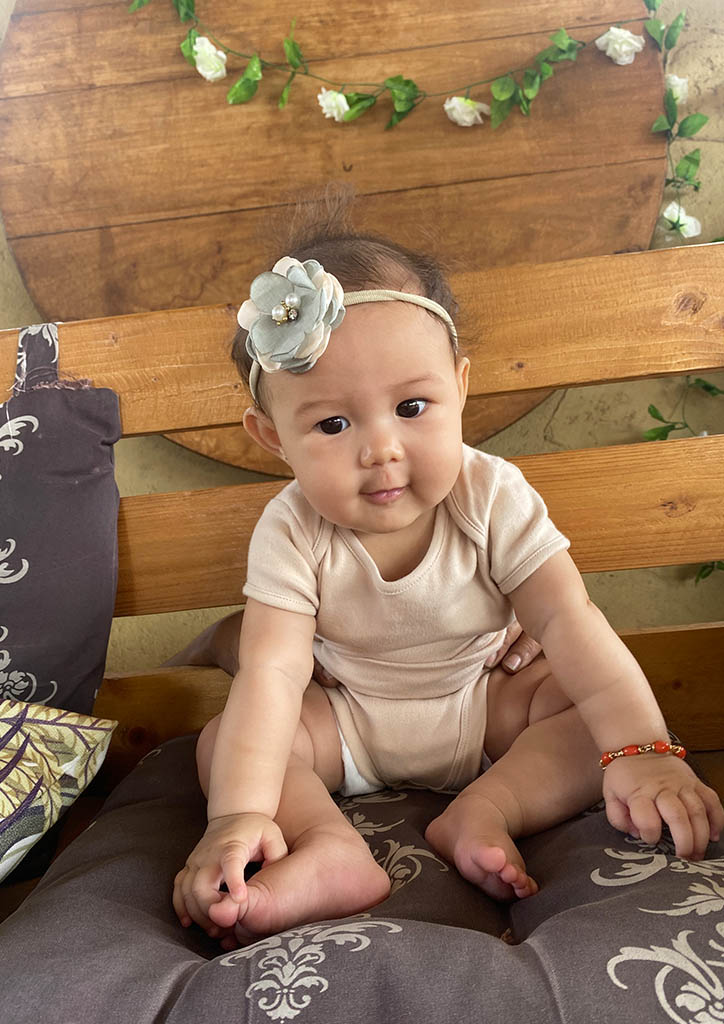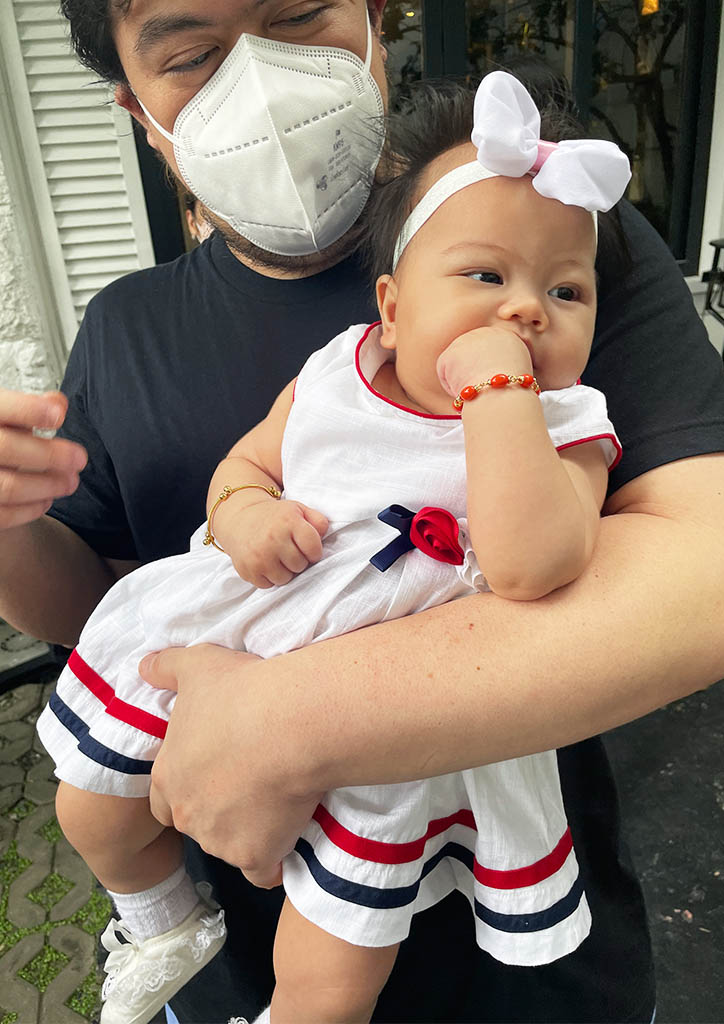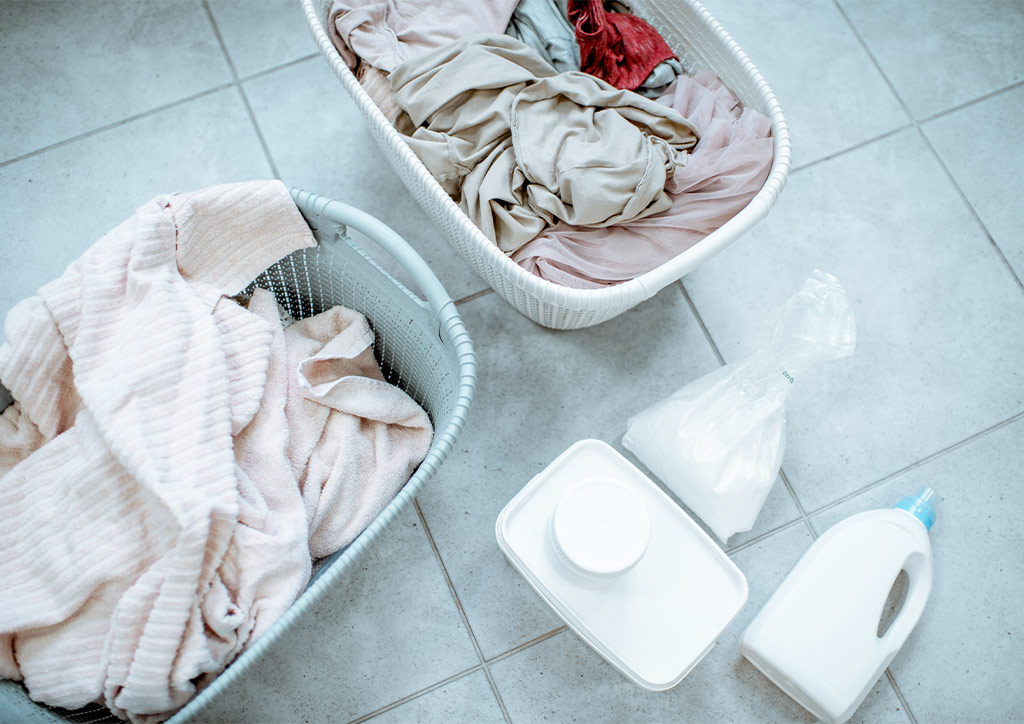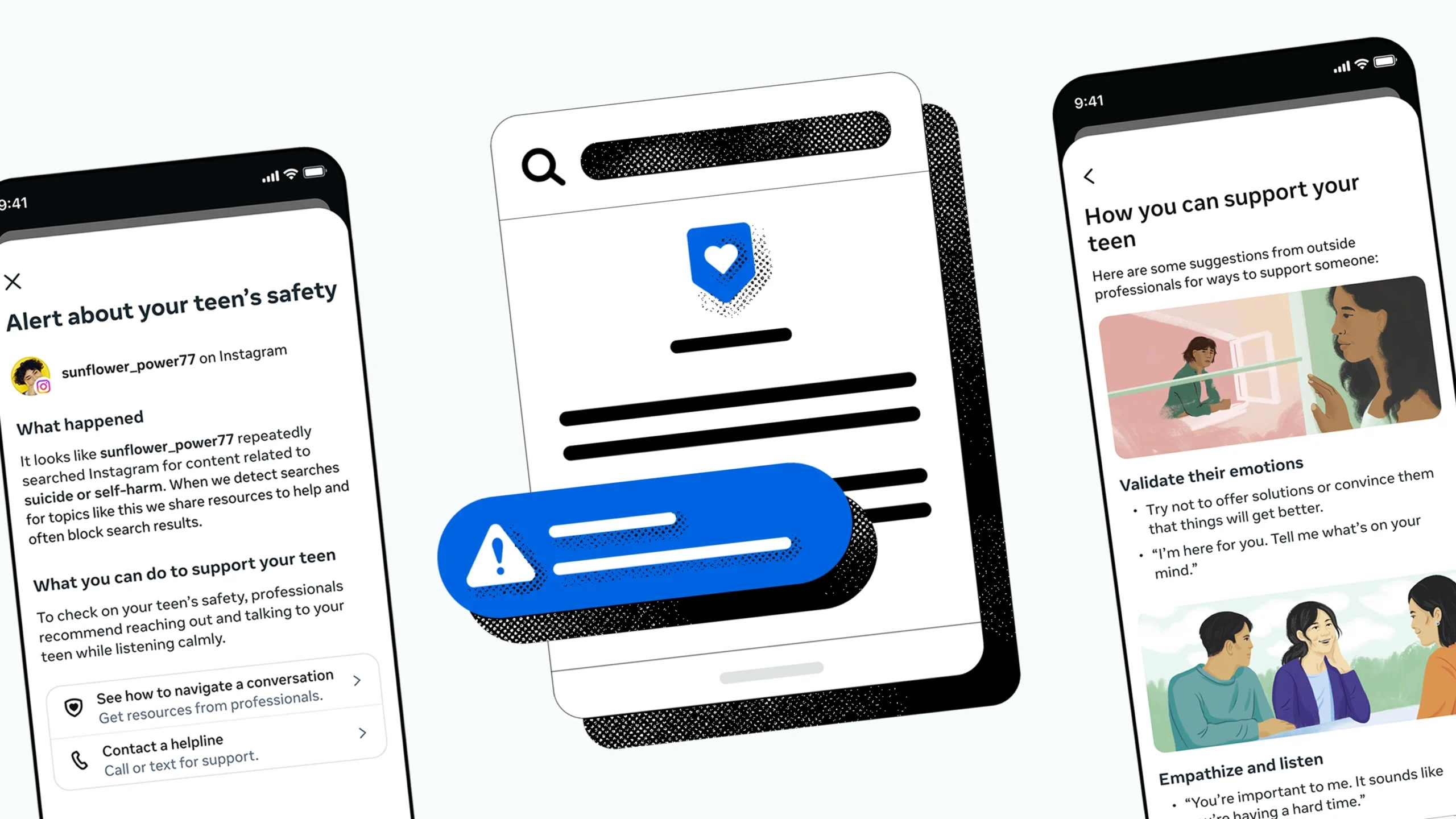Pwera Usog: A Filipino Folk Belief Involving Babies
The Philippines is known to have many superstitious beliefs that stem from a long history of colonization. In fact, these beliefs influence some of the decisions that a lot of us parents make. From the number of steps in our homes to not going straight home after attending a wake to siblings making sure they don’t get married in the same year—there are so many that we Filipinos still practice to this day. One belief that involves babies and toddlers is uttering, “Pwera usog,” when they meet new people.

The Meaning of Pwera Usog
Pwera usog is Spanish for “Go away, curse!”. Our elders have a variety of definitions. But in essence, usog in babies means unexplained crying, fussiness, or colic. Sometimes, it can even result in fever or diarrhea. Usog usually happens when a stranger greets or pays attention to a baby. Though they don’t mean to cause affliction, usog is quite similar to an evil eye hex.
Scientifically, usog can be the consequence of a baby’s inability to adapt to the changes in their environment just yet. It can also be a result of the disruption of what they’re used to—through physical and psychological stimuli brought about by the stranger.
How to Cure It

As a new mom, it was my first time to hear about pwera usog. I initially heard about it from my husband, who wanted to buy a coral bracelet for our baby girl. A few days later, my mom mentioned it as well and gifted my baby with said coral bracelet.
Nowadays, on the rare occasions that we do go out, I make sure she always wears the coral bracelet. Additionally, I was surprised by how often strangers uttered, “Pwera usog!” in front of my baby. Like the nurse in the elevator of the hospital where we had an appointment with our pediatrician. Then, there were ladies who kept saying it while we watched a procession in our village during Holy Week.

1. Wearing a coral bracelet
There are many remedies or cures but a popular one is making a baby or toddler wear a coral bracelet. Red coral gemstones are known to protect children from negative energies, accidents, infections, and other sicknesses. Some believe that it even enhances tissue regeneration and bone healing. Plus, it eliminates fear, anger, and bad dreams. Lastly, it stimulates wisdom, creativity, longevity, optimism, and the achievement of goals.

2. Massaging Aceite de manzanilla (or chamomile oil) on the baby’s belly
Though some believe that this is another old-wives tale passed down by elders, applying Aceite de manzanilla on a baby’s belly is said to help with their colic. However, some pediatricians do not advise this because it can cause pneumonia.

3. Boiling the baby’s clothes
Another remedy is boiling the baby’s clothes—particularly the ones he or she was wearing when the curse took place.

4. Looking for the one who caused the usog
Last but not least is a bit extreme. It requires looking for the person who caused the curse and asking them to lick their thumb and place their saliva on the child’s belly or feet while saying, “Pwera usog.”

Believing in Pwera Usog
There are some Filipino traditions that modern moms opt not to follow anymore. Many of them, especially millennials, choose not to believe in pwera usog. Instead, they follow their maternal instinct when it comes to the health and well-being of their children. So if you feel like something seems off with your baby, it’s best to consult with your pediatrician.
Liked this story on pwera usog? Find more on Modern Parenting:
6 Reasons Why Millennial Women Don’t Want Kids
Filipino Tradition and Gentle Parenting According to a Child Development Coach









